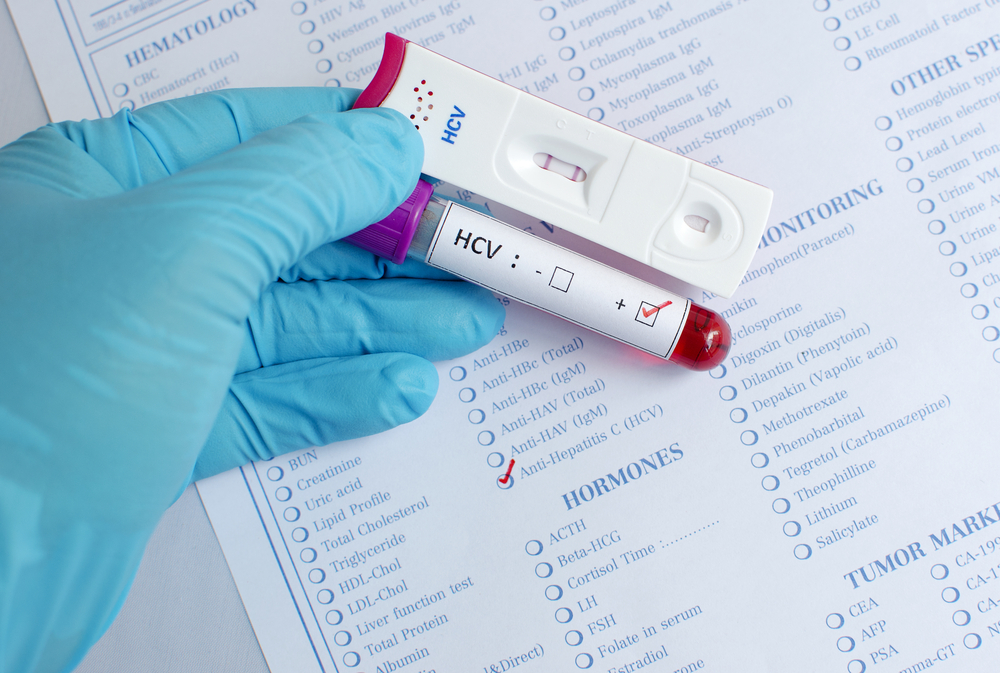Zepatier Found Effective, Safe Against Hepatitis C in Hemophilia Patients

Zepatier (elbasvir/grazoprevir) is an effective and safe treatment for hepatitis C infection in hemophilia patients and others with inherited blood disorders — a group that has been particularly exposed to such infection, according to a Phase 3 trial that examined the drug specifically in this patient group.
The study, “Elbasvir/Grazoprevir for Patients With Hepatitis C Virus Infection and Inherited Blood Disorders: A Phase III Study,” was published in the journal Hepatology.
Before blood and blood-derived clotting factors were screened for the virus, nearly all patients with blood diseases were infected with hepatitis C. Now, most patients in the West no longer receive virus-contaminated blood products. But previously infected patients still exist, and others in poorer countries that lack screening procedures are still at risk.
Direct-acting antiviral treatment has largely replaced the reliance on interferons — immune factors that are linked to a range of side effects. But researchers did not know whether these newer treatments like Zepatier were effective and safe in people with blood disorders and hepatitis C.
The Phase 3 global trial (NCT02252016), led by researchers at Henri Mondor Hospital in France, included 107 patients with inherited blood disorders, of which 47, or 44%, had hemophilia A or B or von Willebrand disease.
Patients were randomized to receive either immediate or delayed treatment. During the first 12 weeks, those in the immediate group were given Zepatier while those in the delayed group received a placebo. Over the following 12 weeks, the delayed group received active treatment. All patients were followed for 24 weeks after completing the therapy.
An analyses showed that 100 patients, making up 93.5% of the group, achieved a sustained virologic response 12 weeks after finishing treatment, with no detectable virus in their systems. Of the remaining seven patients, six later relapsed and one dropped out of the study.
Among those with hemophilia or von Willebrand disease, specifically, 89.4% had a sustained response 12 weeks after completing treatment. Analyses showed that those who were treated earlier were more likely to respond to the treatment.
Of the six patients who relapsed, five had an infection with genotype 1 hepatitis C, and five also had mutations linked to resistance to treatment.
Side effects were similar in the Zepatier and placebo-treated groups. Serious adverse events were reported by 2.8%, or three patients, in the early treatment group, and by six patients, 11.5%, in the delayed treatment group.
Only one case of erosive gastritis was linked to Zepatier treatment. No one with hemophilia experienced a serious adverse effect linked to the treatment, or any increase in bleeding events.
The study was sponsored by Merck — Zepatier’s manufacturer.






